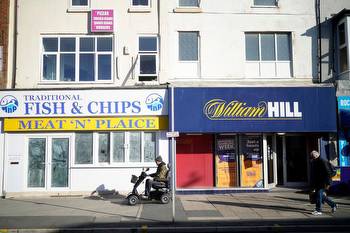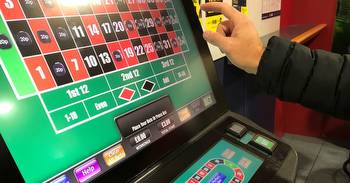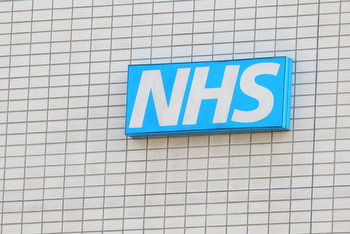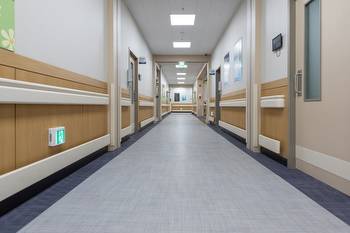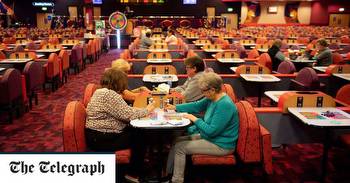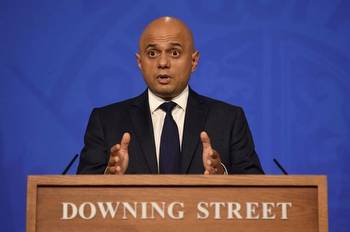Bill would prevent certain gambling properties from opening in the UK without special permission

The UK is considering granting councils the power to impose quotas to limit the number of gambling establishments. According to The Telegraph, the Association of Police and Crime Commissioners (APCC) and the Local Government Association (LGA) have suggested that councils be able to deny applications for new outlets if there are already too many.
Councils do not have the power to stop bingo halls, betting shops or arcades from opening. This is even if there are already concerns about gambling addiction and an oversupply.
They are seeking a new power of "public health" to stop the spread of single types of gambling establishments in an area. Ministers will be weighing the plans in the Government's whitepaper on gambling, due next month.
It will likely include a ban on sports shirt sponsorships by gaming firms, as well. This is backed by the APCC and LGA, which also want to see a £2 limit ($2.40) on stakes online and "affordability tests" for gamblers.
Around 400,000 people in the UK are addicted to gambling, less than 3% of the population. However, more than two million are at risk.
The LGA and APCC stated that evidence shows that gambling outlets are more likely to be found in areas with higher levels of poverty, which may make it harder for problem gambling to flourish.
They stated that the limits on addictive fixed odds betting terminals to four machines per store had backfired, encouraging more shops to open and creating clusters.
The announcement by the NHS (National Health Service) that it would no longer accept money from the gambling industry was the catalyst for this decision.
Claire Murdoch, national director of NHS England mental health, wrote to GambleAware to inform them that the NHS will fully fund its own gambling services starting on April 1.
Murdoch stated that the funding decision was heavily influenced by patients who are uncomfortable using the services provided by the industry. This view has been repeated by doctors.
Health chiefs announced Saturday that two new centers were opened in Southampton and Stoke-on-Trent. This brings the total number of specialist clinics in England to seven.
GambleAware's accounts show that it received £16 million ($19 million) from the gambling industry in voluntary donations to help fund a variety of treatment services. This was between April and December 2017. These include NHS gambling clinics that received £1.2 million ($1.4 million) for 2020/21.
Last year, GambleAware received voluntary pledges totaling £1 million from William Hill and £4 million each from Bet365 and Entain.
Murdoch stated to The Guardian in April of last year that while gambling companies had made profits during the pandemic, they were leaving the NHS to pick up the pieces of addiction. She suggested that a mandatory fee be implemented to pay for treatment. That is still being debated.









